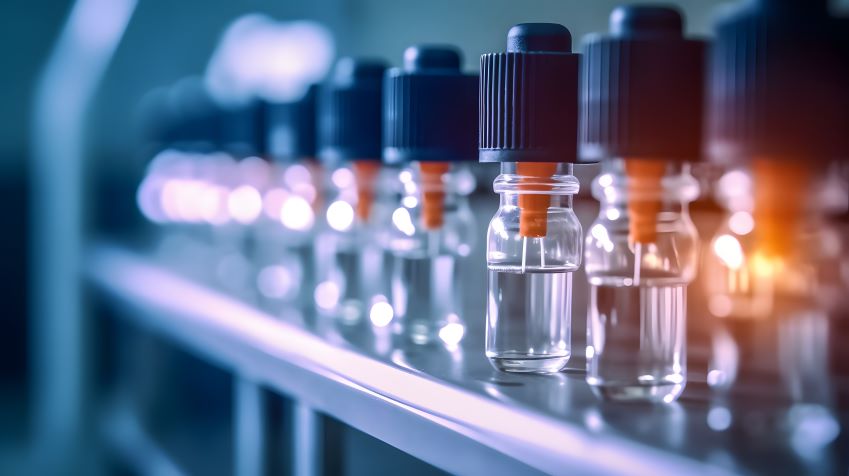Biden Administration Proposes “March-in Rights” to Address Drug Pricing. A questionable move?
- December 11, 2023
- Snippets
Practices & Technologies
Biotechnology & PharmaceuticalsOn Thursday, December 7 the Department of Commerce and National Institute of Standards and Technology (NIST) announced a “Draft Interagency Guidance Framework for Considering the Exercise of March-In Rights,” published in the Federal Register (88 FR 85593). The proposed framework for the first time will permit the federal government to exercise the “march-in rights” provisions of the Bayh-Dole Act (35 U.S.C. §203) to grant compulsory licenses to competitors of patent holders for drugs developed using federal grant money, should the government determine that the drugs are priced exorbitantly.
Granting such licenses has been resisted by the National Institutes of Health and other federal granting agencies as being outside the statutory scope, which enumerates a limited list of justifications for such compulsory licensing. This list includes failure to abide by the provisions favoring licensing to U.S. manufacturers; failure to take steps, including patenting and licensing, to achieve practical application of an invention made using federal grant monies; and failure to take action necessary for health and safety needs. Drug pricing (exorbitant or not) is not mentioned in the statute. The Biden Administration acknowledges this; spokesperson Neera Tanden, director of the White House Domestic Policy Council, stated last week that, “Fundamentally, we are establishing that price can now be a factor in determining … when the federal government can march-in to ensure that we have lower prices.”

This proposal comes in the wake of the administration naming 10 drugs for which the government intends to regulate Medicare pricing under the Inflation Reduction Act. While this latest action has been touted by advocates and Senator Bernie Sanders (I-Vt.) and Elizabeth Warren (D-Mass.) its wisdom is questionable at best. In addition to being on shaky legal ground under the statute it would appear to be a taking under the Fifth Amendment, which would require recompense. Moreover, there is little evidence that such licensees would be constrained to offer the public lower prices; indeed, for the most expensive, biologic drugs production costs may preclude the kind of “deep discount” proponents advocate (consistent with a 2008 FTC study, most biosimilar drugs offer discounts of only about 35%).
University and biotech/pharmaceutical companies are expected to provide comments during a period ending on February 6, 2024. And of course, many will recognize that other industries could be affected by this policy, including “high tech,” which has benefited from university patent licensing. It is likely that comments will be received from that sector as well.
